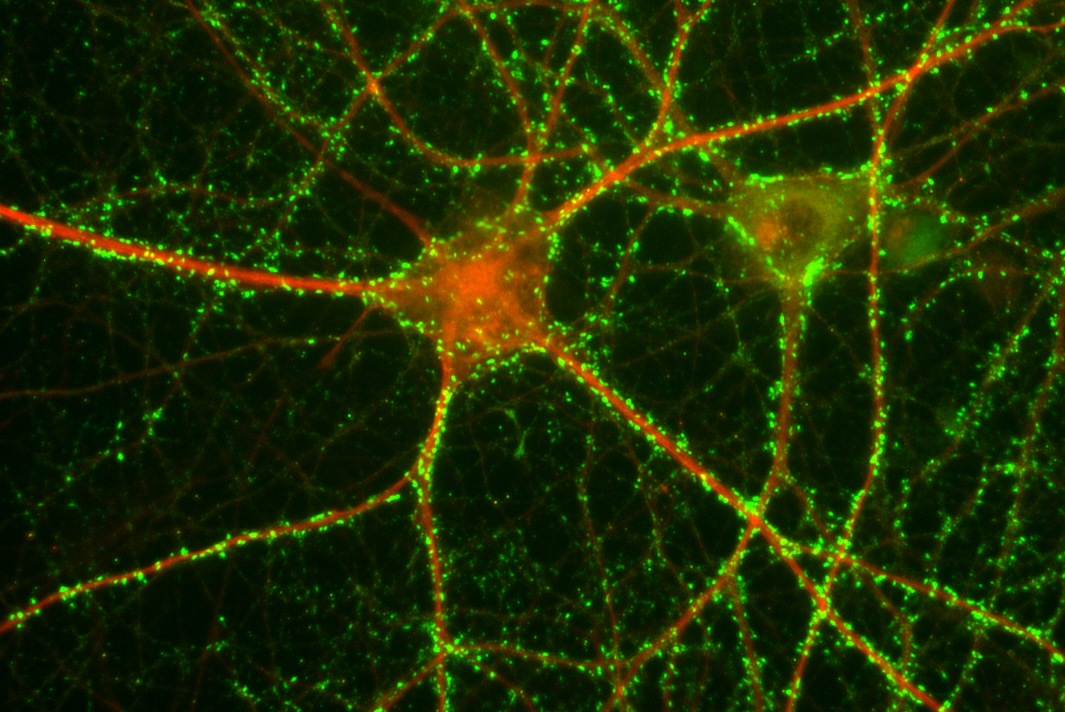AG Golenhofen: Stress Tolerance in the Nervous System Endogenous Protective Mechanisms in Nerve Cells: The Role of Small Heat Shock Proteins

Many types of cells have built-in protective mechanisms that help them temporarily withstand damage caused by a lack of oxygen or harmful substances. A key part of this defense system involves stress proteins, which are produced in response to cellular stress. The production of these proteins can trigger a short-term tolerance to conditions that would normally be harmful or even fatal. This makes stress proteins important players in protecting cells during disease-related processes.
Our research group focuses on a specific group of stress proteins known as small heat shock proteins (sHSPs), including Hsp27 (HspB1) and alpha-B-crystallin (HspB5). These proteins are known to have neuroprotective effects and are highly relevant in various neurodegenerative diseases, such as Alzheimer’s disease. In these conditions, sHSPs are produced in greater amounts, bind to harmful protein aggregates, and may help prevent or reduce their formation.
To explore these roles, we use a wide range of techniques in molecular biology, biochemistry, cell culture, and microscopy. In recent work, we discovered a new function of HspB5 in neurons: it helps regulate the complexity of dendritic structures—key components of nerve cells that influence how they connect and communicate. We are currently investigating the underlying molecular mechanisms of this effect and its potential impact on the development of neurodegenerative diseases.
Projektleiter:
Prof. Dr. Nikola Golenhofen
Mitarbeiter:
PD Dr. Britta Bartelt-Kirbach
Bianca Mekle
Stephanie Sues
Doktoranden:
Sonja Bösch
Jaqueline Berg
Jan Luca Dreßler
